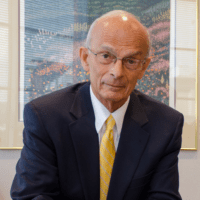Although IEP development may be fraught with many perils, it is reassuring to receive confirmation from the Third Circuit Court of Appeals that certain well established principles remain firmly grounded. In the recent unpublished decision of W.R. and K.R. v. Union Beach Board of Education, the Third Circuit confirmed that an IEP must be judged prospectively. A claim of lack of progress under a particular IEP does not automatically imply that the IEP is inappropriate. Rather, school districts must only determine whether the proposed program is reasonably calculated to provide meaningful progress, and if so, the district will not be held liable if, in the end, the IEP does not provide the expected progress.
Also, in the face of a parental challenge that the district failed to provide any information regarding its chosen educational methodology, the Third Circuit noted that a procedural violation of the IDEA is only actionable if it impedes the child’s right to FAPE, significantly impedes the parents’ right to participation or causes a deprivation in benefits. The facts of the case before the Third Circuit demonstrate the importance of documentation regarding communications with parents. Documentation supported significant parental involvement and that the district had communicated the educational methodology that would be implemented through the IEP. The parents disagreed with the methodology. The Third Circuit reinforced that once a Court determines that the requirements of the IDEA have been satisfied, parents do not have the right to compel a school district to employ a specific methodology in educating a student.
Although an unpublished opinion cannot be legally cited as precedent, it reflects the Third Circuit’s recognition of other appellate Court decisions which support these two well-established principles regarding IEP development and may be relied upon as anchors in developing future IEPs.

